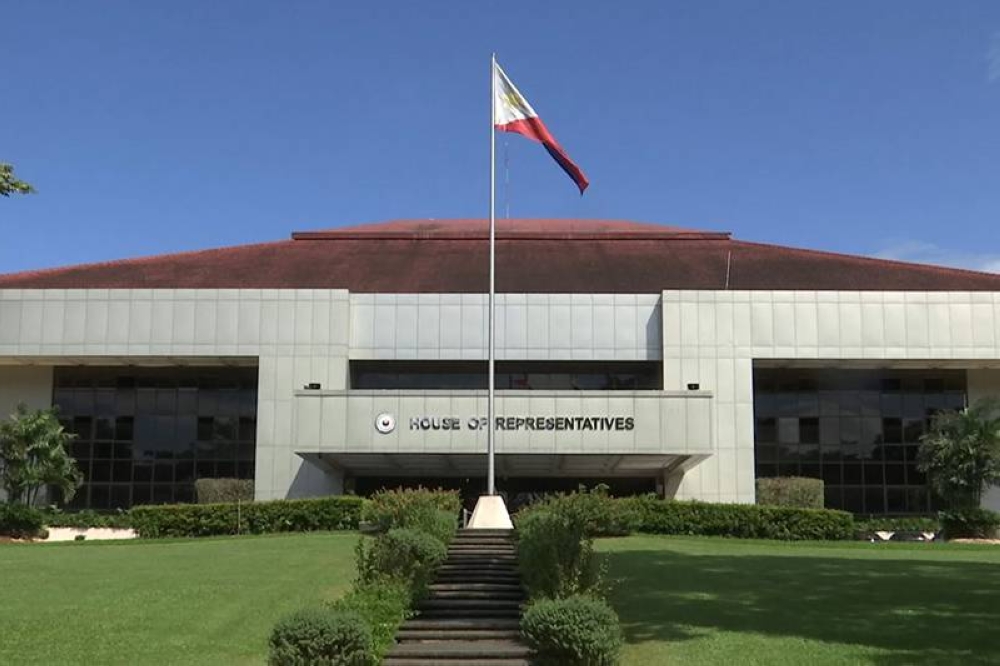[ad_1]
FOUR lawmakers in the House of Representatives have filed a bill mandating two government financial institutions to expand their loan programs for micro, small and medium enterprises (MSMEs) affected by the Covid-19 pandemic.
House Bill (HB) 1, or the proposed “Government Financial Institutions Unified Initiatives to Distressed Enterprises for Economic Recovery or Guide Act,” was authored by Rep. Martin Romualdez (Leyte first district), Rep. Yedda Marie Romualdez (Tingog), Rep. Ferdinand Alexander Marcos (Ilocos Norte first district) and Rep. Jude Acidre (Tingog).
The measure seeks to strengthen the capacity of the Land Bank of the Philippines (LBP) and the Development Bank of the Philippines (DBP) to provide assistance to MSMEs.
The bill defines a micro enterprise as a business with total assets of not over P3 million, a small enterprise with assets between P3,000,001 and P15 million, and a medium enterprise with assets between P15,000,001 to P100 million.
The DBP will provide loans for Covid-affected MSMEs “engaged in infrastructure, service industry, and/or manufacturing business.” The LBP will loan to Covid-hit MSMEs “in the agribusiness value chain.” Under the measure, both institutions will also extend loans to local government units “subject to existing rules and regulations.” HB 1 allocates P7.5 billion to the LBP and P2.5 billion to the DBP for loan purposes.
President Ferdinand “Bongbong” Marcos Jr. had pledged to support MSMEs, citing their big role in providing jobs.
Before his proclamation, the President met with Presidential Adviser for Entrepreneurship Jose Maria “Joey” Concepcion 3rd to discuss how to better support small and medium businesses.
Concepcion stressed the need to provide protection “to the sector that generates more than half of the employment in the country.” The Department of Trade and Industry said that in 2020, micro enterprises had the biggest share of jobs created at 29.38 percent, followed by small enterprises at 25.78 percent.
The bill filed by the four lawmakers also seeks to increase the DBP’s capital stock to P100 billion divided into a billion common shares with par value of P100 per share, from P35 billion divided into 350 million common shares with par value of P100 per share.
The two banks will be authorized to invest in, or enter into a joint venture agreement to incorporate a special holding company (SHC) or stock corporation within six months of the law’s enactment.
Multilateral companies and lending institutions can invest in an SHC.
An SHC will have a board of directors composed of the secretary of the Department of Finance as ex-officio chairman, the LBP and DBP presidents, the SHC’s president or chief executive officer, two independent directors and three directors appointed by the LBP, DBP, and the private equity investor.
The board members shall elect the vice chairman from among themselves.
Once the private shares in the SHC reaches 50 percent of the total outstanding capital stock, it ceases to be a government-owned or -controlled corporation, and the membership of its board shall be elected based on voting shares.
The bill listed the minimum conditions which the bill says the agreement between the SHC and the investee company “must contain.” One of these conditions is that the investee company “must not reduce the number of employees beyond the percentage prescribed by the SHC.” Under the bill, the SHC is allowed to impose additional conditions and provisions “to ensure that the investment will be properly utilized and ensure the successful rehabilitation of the investee company.” HB 1 specifies that within 30 days from the effectivity of the law, the Department of Finance, together with the Bureau of Internal Revenue, the Bangko Sentral ng Pilipinas, the Securities and Exchange Commission, the DBP, and the LBP “shall jointly promulgate the necessary rules and regulations for the effective implementation of this Act.”
The bill was filed during the 18th Congress by then-Quirino Rep. Junie Cua and was approved by the House on third and final reading.
[ad_2]
Source link





